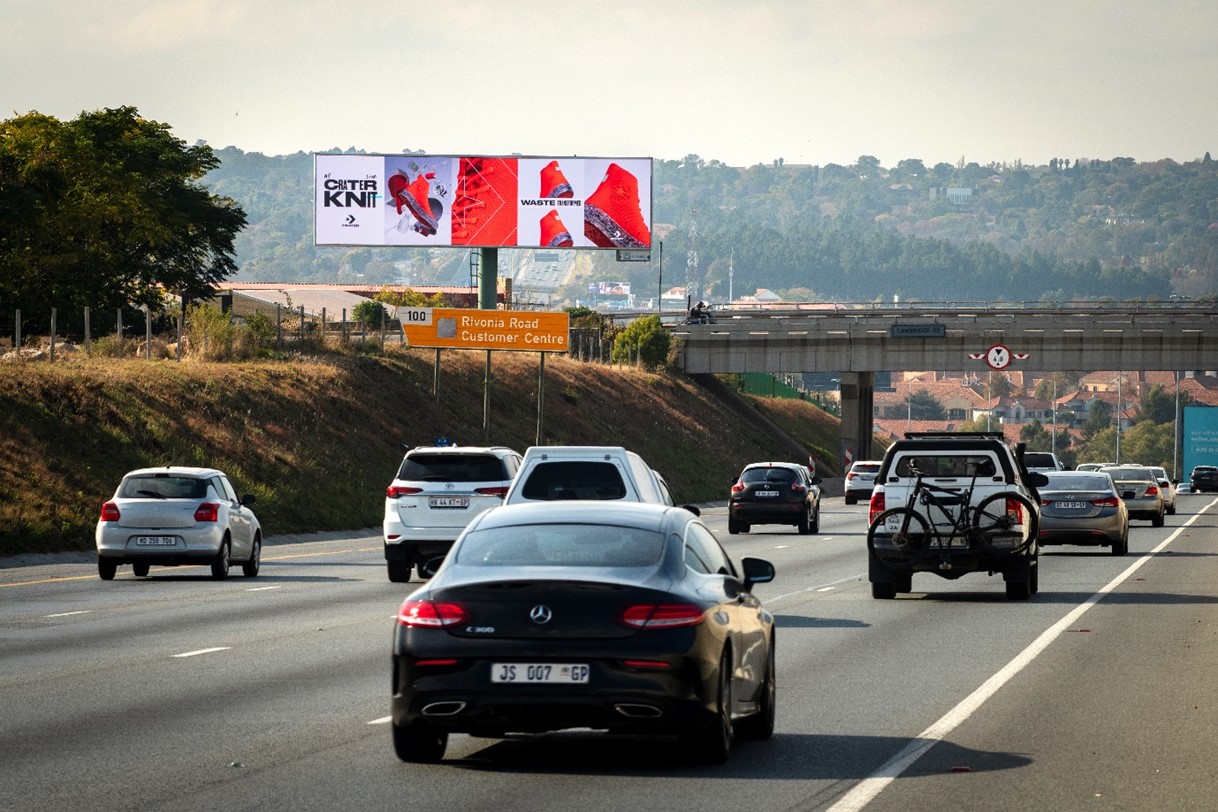Google’s announcement that third-party cookies will be phased out in 2023 has left many brands at a loose end. As no alternative identifiers to track individuals will be implemented in the future, hyper-targeted advertising based on consumers’ internet activity will become more of a challenge. As a result, brands are seeking out innovative new ways to target their customers following the phase-out. Out of Home (OOH) media specialists, Provantage are bridging the hyper-targeting gap with OOH and Sonar.
Since 1994, web cookies have been used to collect consumer data to gather insight into consumer behaviour and spending habits. Cookies also enable brands to direct relevant advertising to individuals based on their online behaviour. This hyper-targeting method has been an invaluable tool for advertisers to date. However, increased consumer privacy expectations and evolving regulatory restrictions have led to Google’s decision to phase out third-party cookies in 2023.
As an answer to the increasing need for hyper-targeting on online and offline behaviour, Provantage partners with Africa Media Alliance and TAPTAP Digital on Sonar. Sonar is an audience-powered mobile geo-location offering that extends the reach of OOH campaigns into the digital realm. An integration of OOH and mobile, Sonar offers brands the opportunity to drive more personalised engagement when it is most appropriate for the consumer. Provantage offers Sonar in tandem with its traditional OOH services to provide an innovative hyper-targeting method.
Provantage CEO Jacques du Preez says, “Digital Out of Home and mobile integration add an entirely new dimension to classic Out of Home advertising. This exciting new arena for advertisers makes creative advertising and new, innovative formats possible. With our offering of over 1700 digital sites and growing, this is a ground-breaking development for brands that don’t know where to turn without cookie tracking.”
Fast food giant McDonald’s was one of the first major corporations to successfully integrate OOH and mobile advertising when it earned 6.4 million mobile impressions by tying together out-of-home (OOH) billboards and in-app advertising on Waze, and other companies are looking to follow suit.
Du Preez continues, “Even when we’re outdoors and on the move, the internet is just a few clicks and swipes away, meaning we’re able to quickly search anything in our immediate environment to augment our experience of it.
“It is well known that OOH and mobile integration drive brand lift, recall and ROI. As individual channels, mobile and Digital Out of Home (DOOH) offer location insights to reach audiences at pivotal moments in their daily lives. However, combining the insights for both channels amplifies the two platforms’ natural strengths and creates a ‘targeted broadcast’ effect.”

Provantage maintains that integrating DOOH and mobile truly bridges the gap between offline and online while merging the benefits of both. These include the continuous and consistent reach of DOOH and mobile’s personalised access to the online world.
Mobile and DOOH integration is potentially even more appealing for local advertisers, with South Africa’s internet users having increased by 1.2% between 2021 and 2022, elevating the country’s internet penetration rate to 68% of the total population at the beginning of 2022.
Statistics also show that most of South Africa’s internet activity occurs on mobile devices rather than desktops. A 2021 GeoPoll study revealed that 45% of South Africans browse the internet on their mobile phones for more than four hours daily, with over 70% of South Africans accessing the internet through only their mobile phones. So, while the cookieless future may be on the horizon, Provantage believes that hyper-targeted advertising resulting from the extension of campaigns from Out of Home into the digital realm will play an ever-increasing role in the marketing mix in the future.
“Brands get more return on their Out of Home investment through extended reach, and they can bolster their messages with complementary digital creative. Integration also allows consumers to engage with brands and you can include audience and contextual targeting for more efficient campaigns. Plus, mobile allows for new attribution possibilities like Drive to Store functionality.
“We have entered an exciting new era in digital advertising. Sonar reinforces omnichannel integration, and Mobile Out of Home creates additional touchpoints with consumers, enabling relevant, compelling storytelling,” concludes Du Preez.
To learn more about MOOH and Sonar advertising innovations, visit https://provantage.co.za/
- Automation and AI: Super-Tools to level up your business - 24th July 2024
- Salesforce Launches First Autonomous AI Agent - 19th July 2024
- WPP champions inclusive creativity at inaugural Unite South Africa Awards during Pride Month - 19th July 2024




